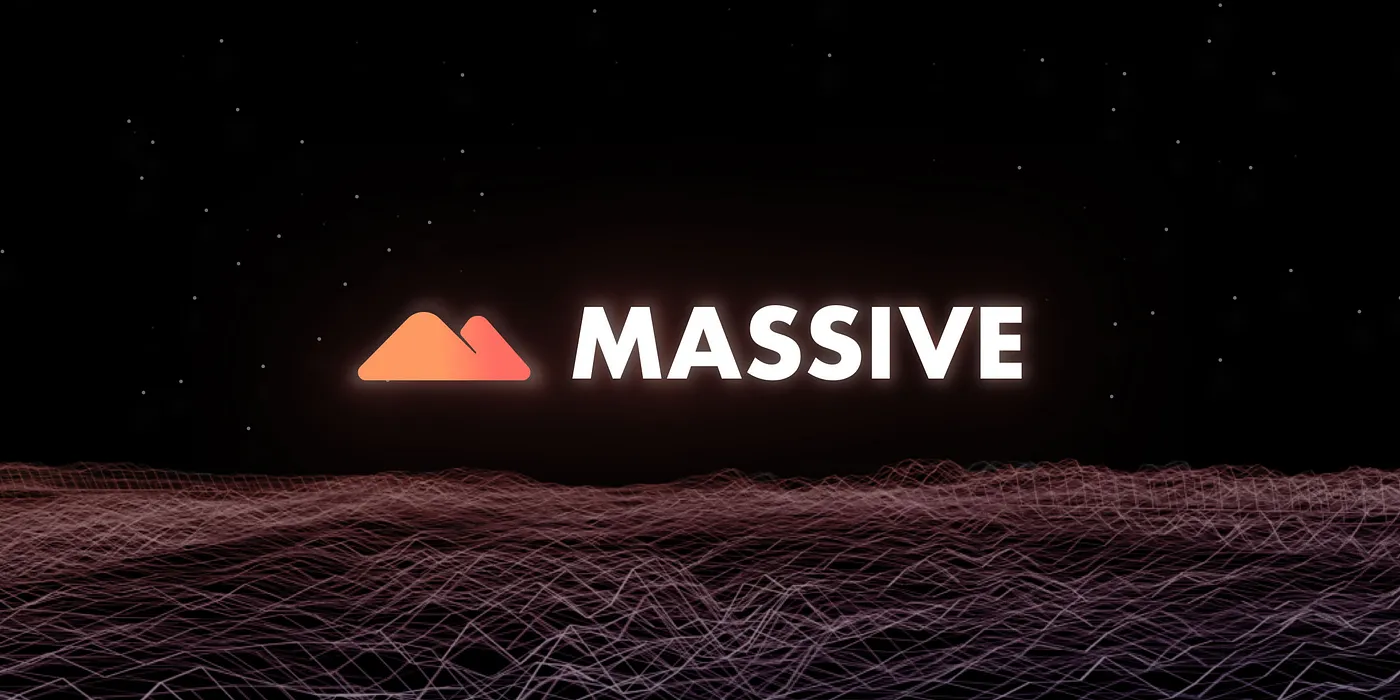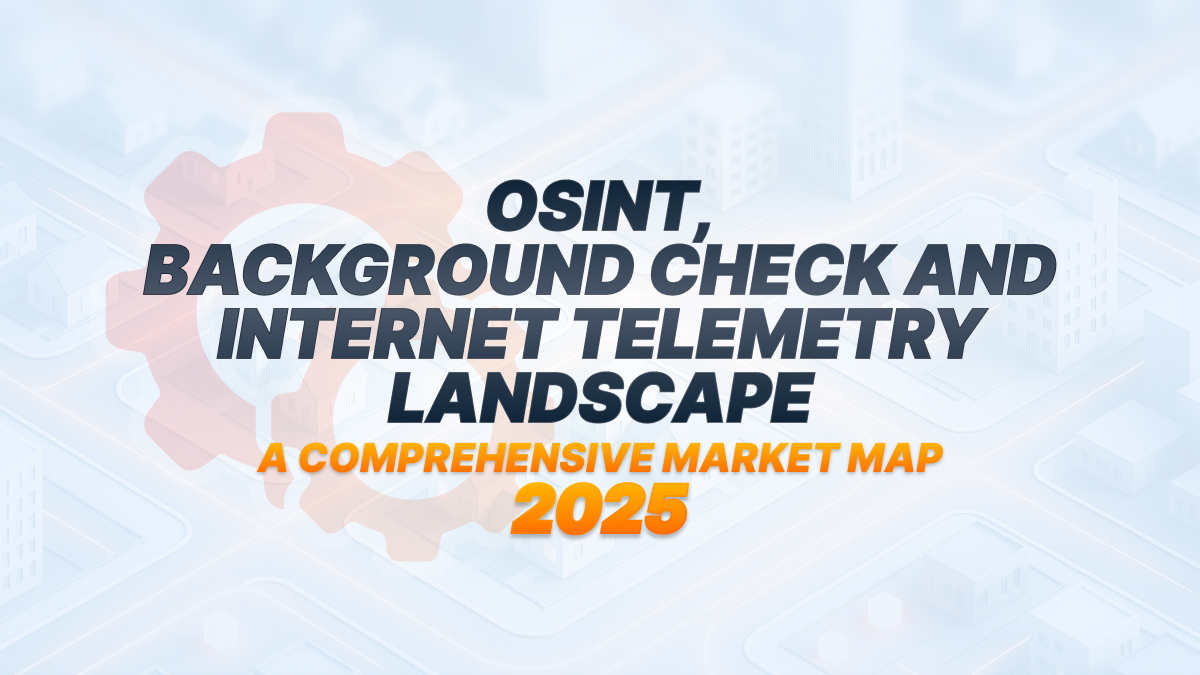If you're using a free proxy to ‘stay anonymous’—you might be doing the exact opposite. From malware risks to stolen data, many free proxies are Trojan horses in disguise.
Real-World Scenario
Emma, a freelance marketer, used a free proxy she found on a public list to log into her client’s eCommerce dashboard. A few days later, suspicious charges appeared on the account and the client's entire customer database was leaked. Unbeknownst to her, the proxy was intercepting login credentials and silently logging traffic.
What seemed like a harmless shortcut nearly cost her business a six-figure client.
What Are Residential Proxies?
Residential proxies assign users real IP addresses issued by internet service providers (ISPs) to homeowners. These proxies route your internet traffic through these real devices, making your activity appear authentic to websites. This helps avoid bans, blocks, and CAPTCHAs—critical for activities like data scraping, market research, and ad verification.
Unlike datacenter proxies, residential proxies blend in with normal user traffic. That’s why they’re the top choice for tasks that require stealth, trust, and consistency.
The Hidden Risks of Free Proxies
Free proxies are often seen as a shortcut to privacy or bypassing geo-restrictions. But these services are frequently unsafe, unreliable, and opaque in how they operate.
❌ Data Harvesting and Privacy Abuse
Many free proxies log user activity, collect identifiable information, and monetize it through advertising or third-party resale.
❌ Malware and Infections
Some free proxies serve malicious scripts, install adware, or expose your data to intercept attacks.
❌ Unreliable Connections
Shared by thousands, free proxies suffer from slow speeds, bans, and frequent failures. Dead IPs are common.
❌ No Support or Transparency
If something breaks—or worse, if you're compromised—you’re on your own. Free proxy providers rarely offer accountability.
RESEARCH INSIGHT
The 2024 study Free Proxies Unmasked analyzed 640,600 free proxies over a 30-month period. Findings revealed that only 34.5% of proxies ever responded, while 16,923 were found to actively manipulate page content. Alarmingly, 4,452 proxies exposed users to critical vulnerabilities, including remote code execution and TLS interception flaws.
These findings highlight the fundamental risk: with free proxies, you have no control, no guarantees, and no support—just exposure.
Free vs Paid Residential Proxy – A Critical Comparison
Free Proxy Risk Checklist
Answer YES to any of these? You’re putting your data at risk.
- Do you use proxies from random “free proxy list” sites?
- Have you seen unexpected pop-ups or redirects while using a proxy?
- Are websites often blocking or CAPTCHA-checking you?
- Have you used login credentials over a proxy connection?
- Does your proxy provider explain where its IPs come from?
🔐 If you said “yes” even once, it’s time to switch.
Why Paid Residential Proxies Are Worth the Investment
Stronger Security & Data Protection
Paid proxy providers typically commit to strict no-logging policies, preserve end-to-end TLS encryption, and operate in compliance with privacy regulations such as GDPR, CCPA, or equivalent frameworks.
Superior Performance & Reliability
High-bandwidth servers, clean IPs, and optimized routing make paid proxies ideal for real-time scraping, content access, and heavy automation.
Geo-Targeting & Rotation Flexibility
Choose IPs from specific countries, states, or cities. Enable sticky sessions or rotating IPs based on your use case.
Customer Support That Has Your Back
Paid proxy services provide setup help, diagnostics, onboarding support, and even live Slack or email support for enterprise users.
Real-Life Use Cases for Paid Residential Proxies
SEO Teams
Use geo-targeted proxies to track localized search rankings in 195+ regions—without being blocked by Google.
eCommerce Brands
Monitor competitor prices, stock levels, and listings in real time, across global marketplaces like Amazon, eBay, and Walmart.
Ad Verification Platforms
Validate that ads are displayed correctly by rotating through real IPs to check how creatives appear in different locations.
Brand Protection Teams
Uncover counterfeit listings and unauthorized sellers by mimicking real user traffic to avoid detection.
Ethical Proxy Usage & Tech Trends
Free proxies often lack transparency around how they acquire IPs. Ethical providers like Massive work with opt-in device owners, ensuring every IP is legally and responsibly sourced.
Looking ahead, trends like:
- AI-based IP rotation
- IPv6 integration
- Blockchain verification
…are all pushing the proxy ecosystem toward higher standards. Free services rarely adopt these innovations.
Final Verdict: Are Free Proxies Safe?
No—not for any serious task.
Free proxies are riddled with risks, poor performance, and ethical concerns. Paid residential proxies, on the other hand, offer secure, stable, and compliant solutions built for modern online operations. Whether you're gathering competitive data, running marketing campaigns, or protecting your brand—paid is the way to go.
“We’ve seen companies lose valuable data and ad spend because they relied on free proxies that couldn’t keep up or protect them. A reliable proxy network isn’t a luxury—it’s critical infrastructure.”
— Chen Assayag, Head of Partnerships at Massive

I am the co-founder & CEO of Massive. In addition to working on startups, I am a musician, athlete, mentor, event host, and volunteer.
Customer reviews
Frequently Asked Question
Are free proxies safe to use?
+
Generally, no. Most free proxies come with serious risks like data logging, malware injection, and poor encryption. Since many are operated without transparency or legal oversight, your information can easily be intercepted, sold, or misused.
Who uses residential proxies?
+
SEO teams, eCommerce brands, data analysts, ad verification firms, and cybersecurity professionals—all rely on residential proxies to operate securely and at scale.
Is it legal to use proxies?
+
Yes. Proxy usage is legal in most jurisdictions. Just ensure your activities (e.g., scraping, ad verification) comply with terms of service and local laws.
What makes Massive’s residential proxies different?
+
Massive offers 100% ethically sourced IPs, flexible plans, support for HTTP(S)/SOCKS5, and advanced features like geo-targeting and sticky sessions.











